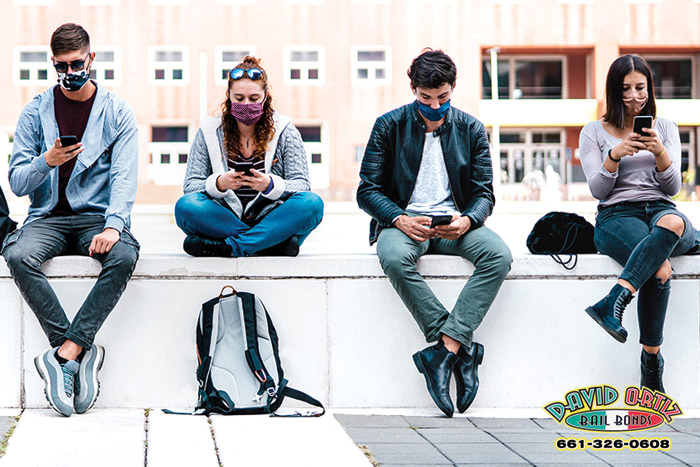
It often seems like as soon as you figure out California’s COVID-19 laws, they change. Some of the changes make sense and are either easy to follow or they don’t pertain to you. Others are just complicated.
The Easy-to-Follow New COVID-19 Laws In California
Below are the new COVID-19 laws that are easy to understand and follow.
-
Hospitals Must Stockpile Personal Protection Equipment (PPE)
One of the most sensible laws that probably won’t change once the worry about COVID-19 fades pertains to hospitals. Starting in April 2021, all hospitals were required to have a three-month supply of PPE equipment on hand for all of their employees. Failing to have the necessary equipment could result in a $25,000 fine.
This law makes sense. Having a stockpile of PPE equipment on hand means that there’s never a situation where an employee has to choose between protecting themselves and helping others. The PPE equipment should be something that’s already factored into the hospital’s budget so the only real headache they could face is how to store that much equipment. Knowing that the hospitals have enough PPE equipment to get by for a few months will also reduce strain should another pandemic hit California.
-
A Ban On Price Gouging
As soon as news of the pandemic broke people started panic buying and some businesses took advantage of this panic by drastically inflating the prices of things, especially essential items like face masks, hand sanitizer, toilet paper and even staple food items.
One of California’s latest COVID-19 laws prohibits sellers who started selling an item after California went into a state of emergency from buying lots of necessary items (such as little bottles of hand sanitizer) and marketing them at a wildly inflated price. While the law doesn’t prohibit the buying of the items in bulk, it does require that the seller keep the prices at a realistic market value. The law applies to both in-person and online sales.
-
Employers Must Alert Employees To A Possible COVID-19 Exposure
Most employers were good about letting their employees know if a customer or co-worker tested positive for COVID-19, but since there is always someone who doesn’t do what they’re supposed to, California now has a COVID-19 law that requires employers to provide a written notice to all of their employees that alerts them to possible COVID-19 exposure. This written notice has to be issued to employees within 24 hours of the employer learning about the potential exposure.
Employers who fail to provide written notice could face violations and substantial fines.
-
Less Straightforward COVID-19 Law In California
While some of the new COVID-19 laws are easy to adhere to, others are a little confusing.
The California COVID-19 law that has generated the most excitement is the one that states people no longer have to put on a face mask each time they enter a building. But there is a catch.
Starting June 15, if you’re not yet fully vaccinated or haven’t made it through the 14-day period it takes for the vaccination to go into effect, you’re still supposed to wear a face mask. You’re also supposed to wear a face mask if you’re in a room with a person who isn’t yet fully vaccinated.
Why is this confusing? Because it really isn’t clear if you can legally ask another person if they’re fully vaccinated against COVID-19.
According to HIPAA, it’s not technically illegal to inquire if the person you’re sharing room space with is vaccinated, though it’s possible that your question could violate other rules, depending on how you phrase your question. It’s also unclear if the other person is obligated to provide you with an answer. Based on the confusion, it looks like you have two choices when you enter a room that has another person in it. You can opt to play it safe and simply put your face mask on, or you can ask the other person if they would prefer that you wear a mask.
In the wake of California’s latest COVID-19 face mask law, employers are still required to maintain protocols that allow employees to stay a full 6-feet apart from customers and other employees. Starting on July 31, employers will be required to keep a ready supply of N95 masks on hand for any unvaccinated employees. While employers are required to offer N95 masks to employees, unvaccinated employees who prefer to wear a cloth mask are still permitted to do so.
Strong objections to California’s newest COVID-19 laws have already been raised so don’t be surprised if the laws don’t evolve over the next few months.
